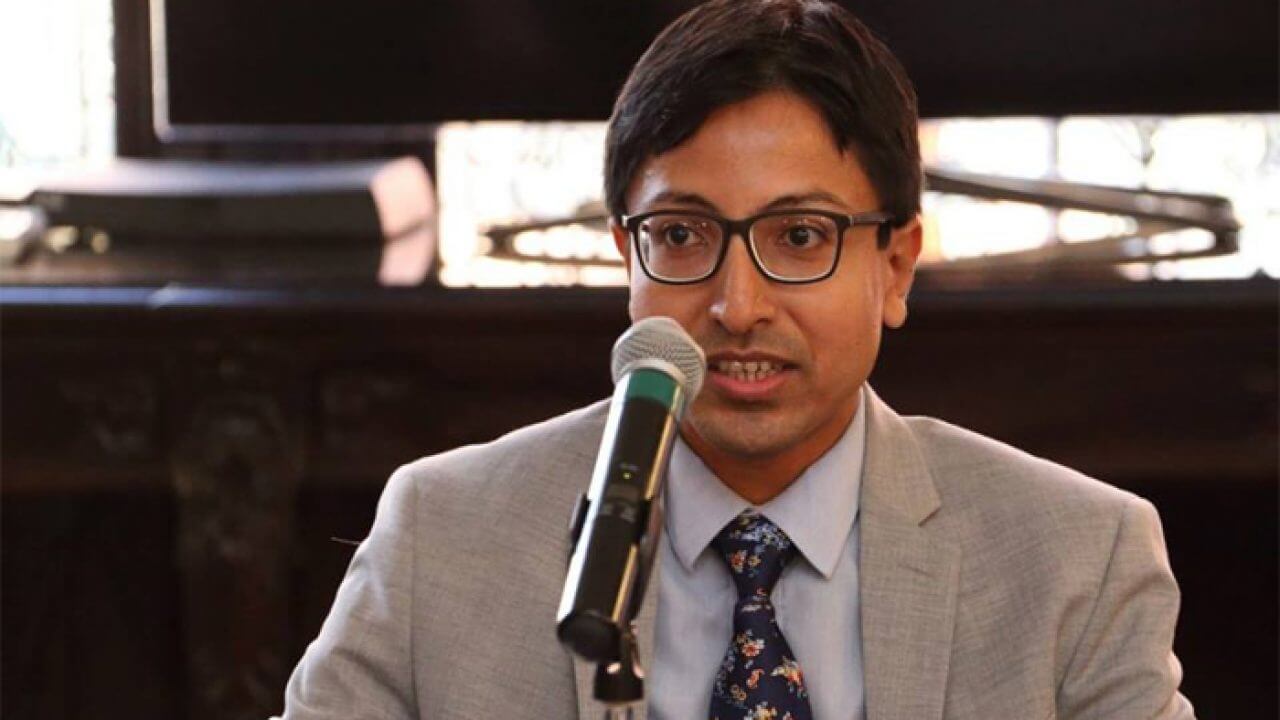In an interview with CNA on Saturday, India’s representative to Taiwan, Gourangalal Das, said that the India-Taipei Association will look to further expand its ties this year under Taiwan’s New Southbound Policy, which aims to expand exchange and cooperation with 18 countries in Southeast Asia, South Asia, and Australasia, and the Indian government’s Act East Policy, which seeks to promote economic, strategic, and cultural relations with countries across the Asia-Pacific.
Speaking of the two countries’ vision, Das, who is also the director-general of the India Taipei Association, India’s de facto embassy in Taiwan, said, “India presents great opportunities for sustained growth to Taiwanese investors, who in turn can impart their world-renowned manufacturing skills and know-how necessary for India’s rapid transformation”. Das highlighted that in the 2020 fiscal year, India was Taiwan’s 17th largest trading partner, while Taiwan was India’s 31st biggest trade partner. Additionally, their bilateral trade was valued at $5.7 billion in 2019-2020, down 20% from a year ago.
In light of this dip, Das highlighted the areas through which New Delhi and Taipei could boost their trade interactions. He said that the two allies could further facilitate the exchange of people in areas of tourism and higher education, as out of the 750,000 Indian students that pursue higher education abroad, only 3000 choose Taiwan as their study abroad destination. Similarly, of the 15 million Taiwanese tourists that travel annually, only 10,000 travel to India.
Das also commended Taiwan’s developments in several technical fields, including its agriculture, smart cities, industrial automation, science parks and ICT manufacturing projects. “By promoting better sharing of knowledge, experience, and technology, we can benefit stakeholders in both India and Taiwan,” he said.
Amidst an escalating trade war between Washington and Beijing, several companies have been forced to relocate their business operations, which has given India a unique opportunity to position itself as an alternative market. Commenting on how some Taiwanese ICT companies are already building a base in India, Das also said that it was “heartening” to see that several “Taiwanese supply chain forerunners now consider India a strategic destination for the next stage in their growth”.
According to previous statements by the Taiwan External Trade Development Council (TAITRA), Taipei is also optimistic about strengthening economic ties with India in 2021. In December, TAITRA chairman James CF Huang said that he believes “we will be able to resume at least to the 2019 level, which is USD 5.7 billion.” He further added, “We have seen quite a few major Taiwanese companies bring in new investments to India in the past couple of months and I am sure this trend will continue.”
These remarks come at a time when India and Taiwan both face a worsening relationship with China. In its New Year’s speech, Taiwan offered to hold “meaningful” talks with Beijing as an equal. However, the offer was dismissed by Beijing as a “cheap trick”. In another recent move that was welcomed by the Taiwanese government but has worsened the relationship between the two, the US on Saturday removed its self-imposed restrictions on “contact between US officials and their Taiwanese counterparts”. Similarly, India and China are yet to resolve their border dispute; only two days ago, Beijing demanded the release of a soldier from its People’s Liberation Army (PLA) who “went astray” and was captured by the Indian Army.
Amidst China’s deteriorating international relationships, Das was confident that India and Taiwan could increase interactions “in the areas of education, trade and investment and tourism, people-to-people contacts will only grow in the future.” Referring to the disruption in the bilateral trade relationship caused by the COVID-19 pandemic, Das was still optimistic about redoubling efforts in the future “once the temporary disruption eases, and aim high to tap the growing mutual awareness and mutual admiration.”
India Seeks to Boost Trade Ties With Taiwan Amid China Tensions
India's envoy to Taiwan, Gourangalal Das, has invited Taiwanese investment in order to transform India’s manufacturing sector.
January 11, 2021

SOURCE: NEWS MOVE
